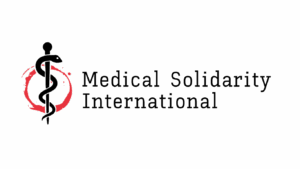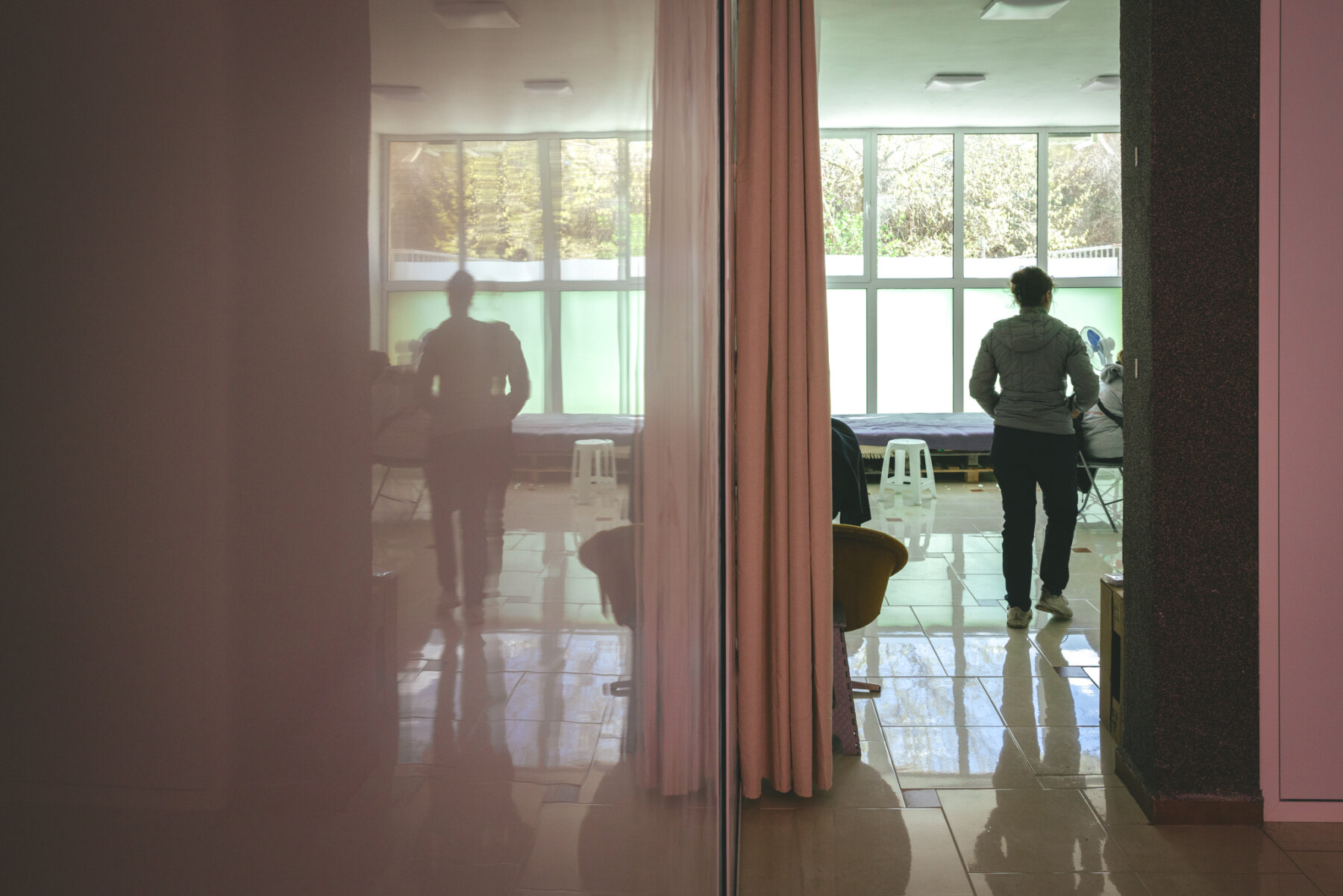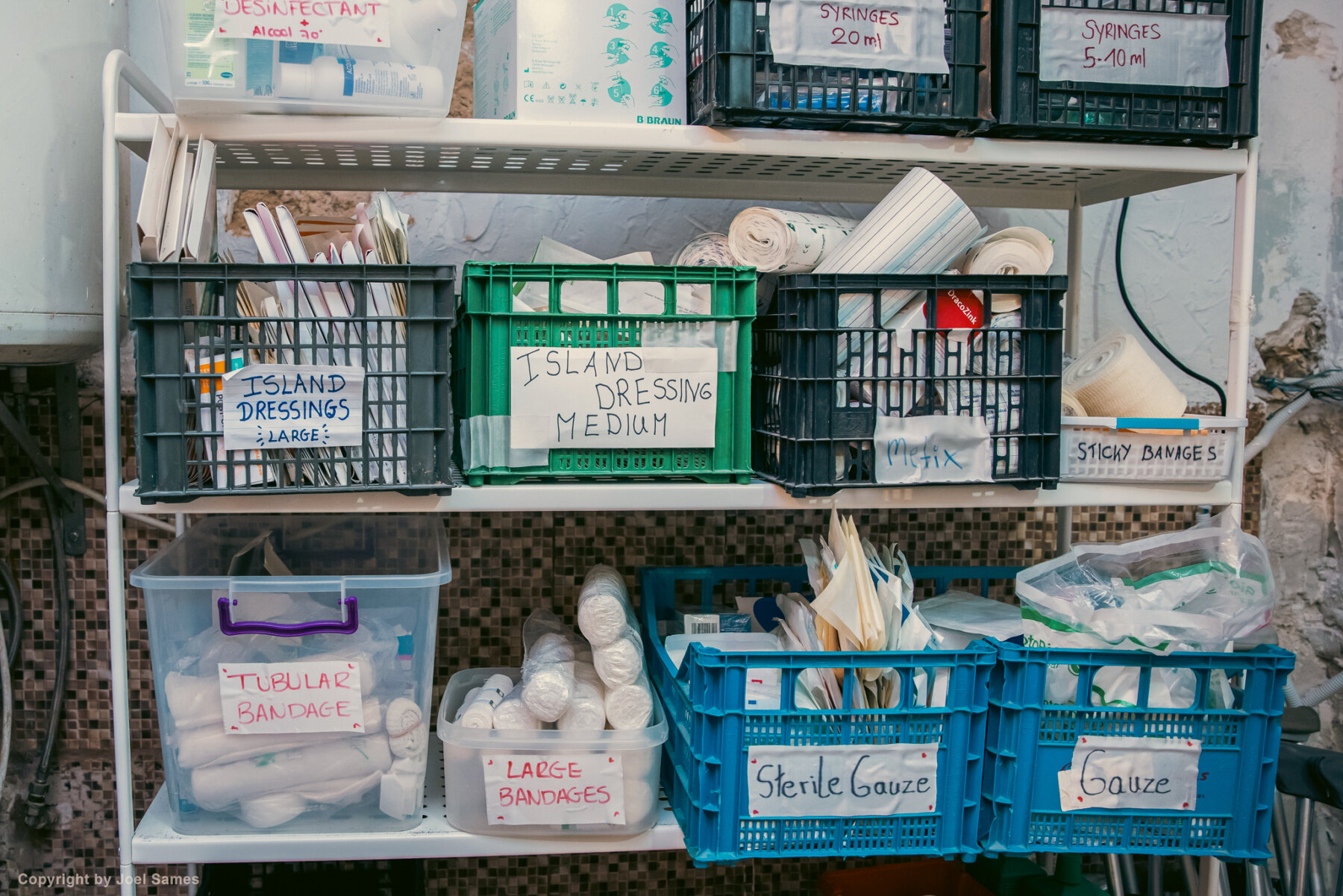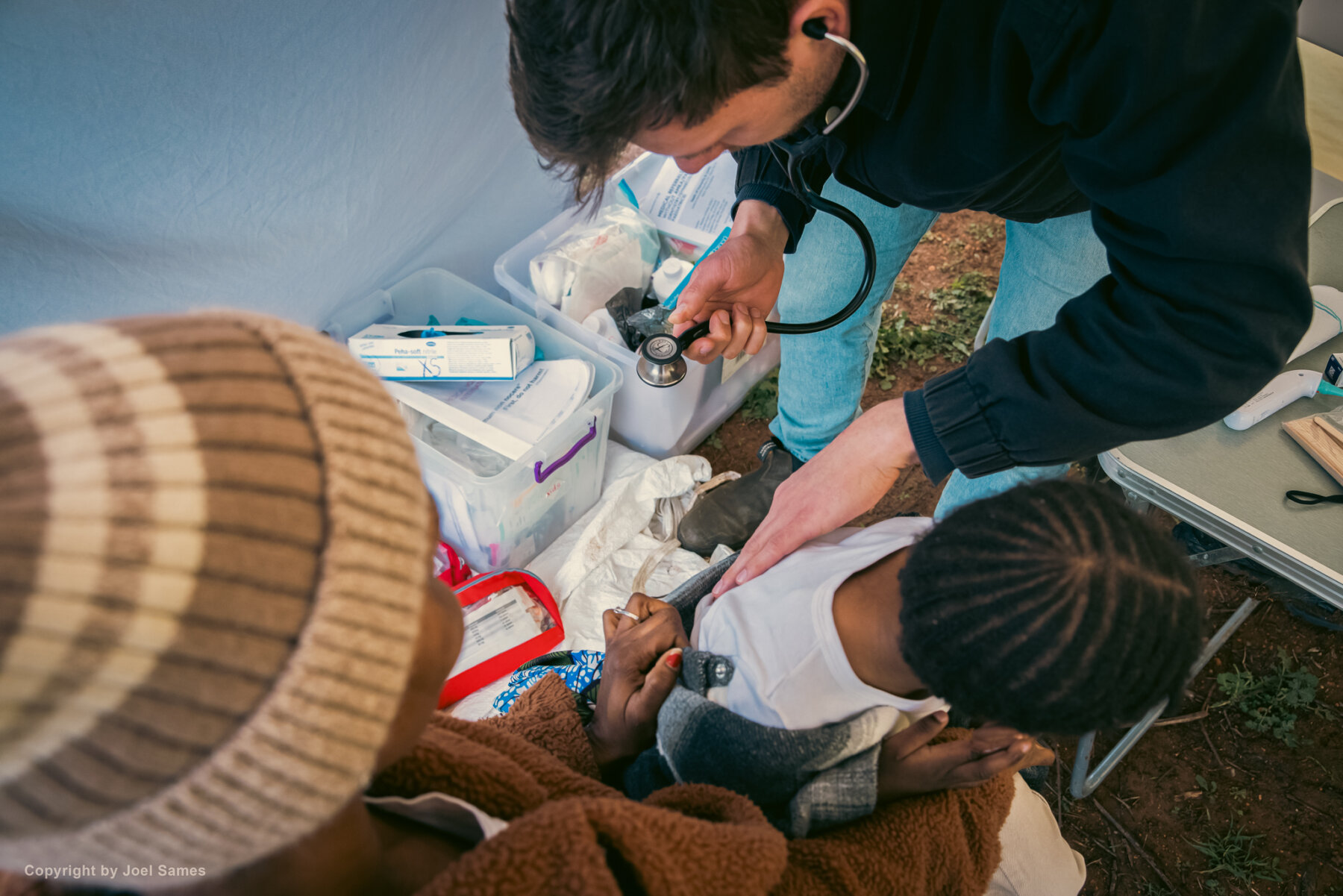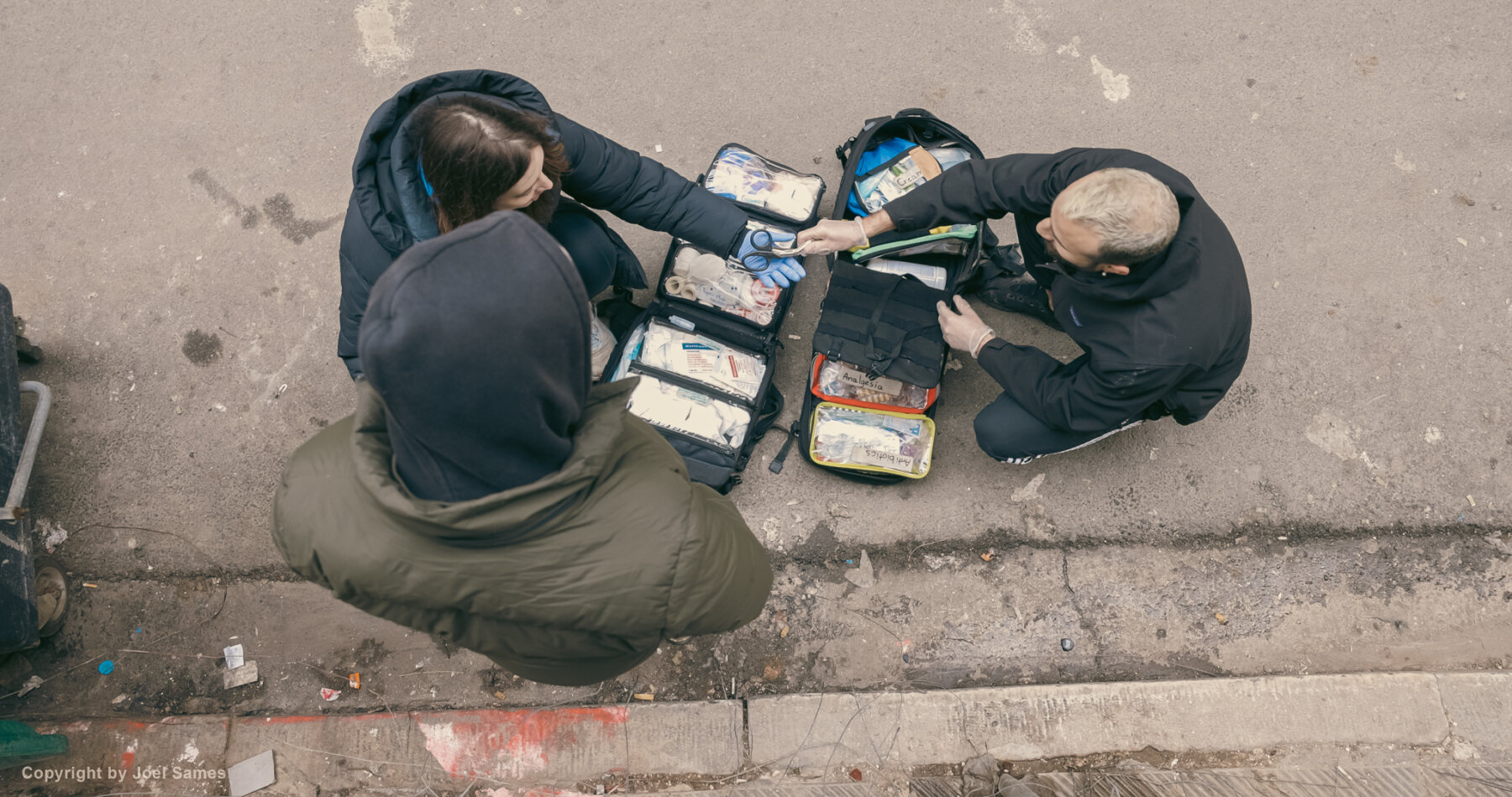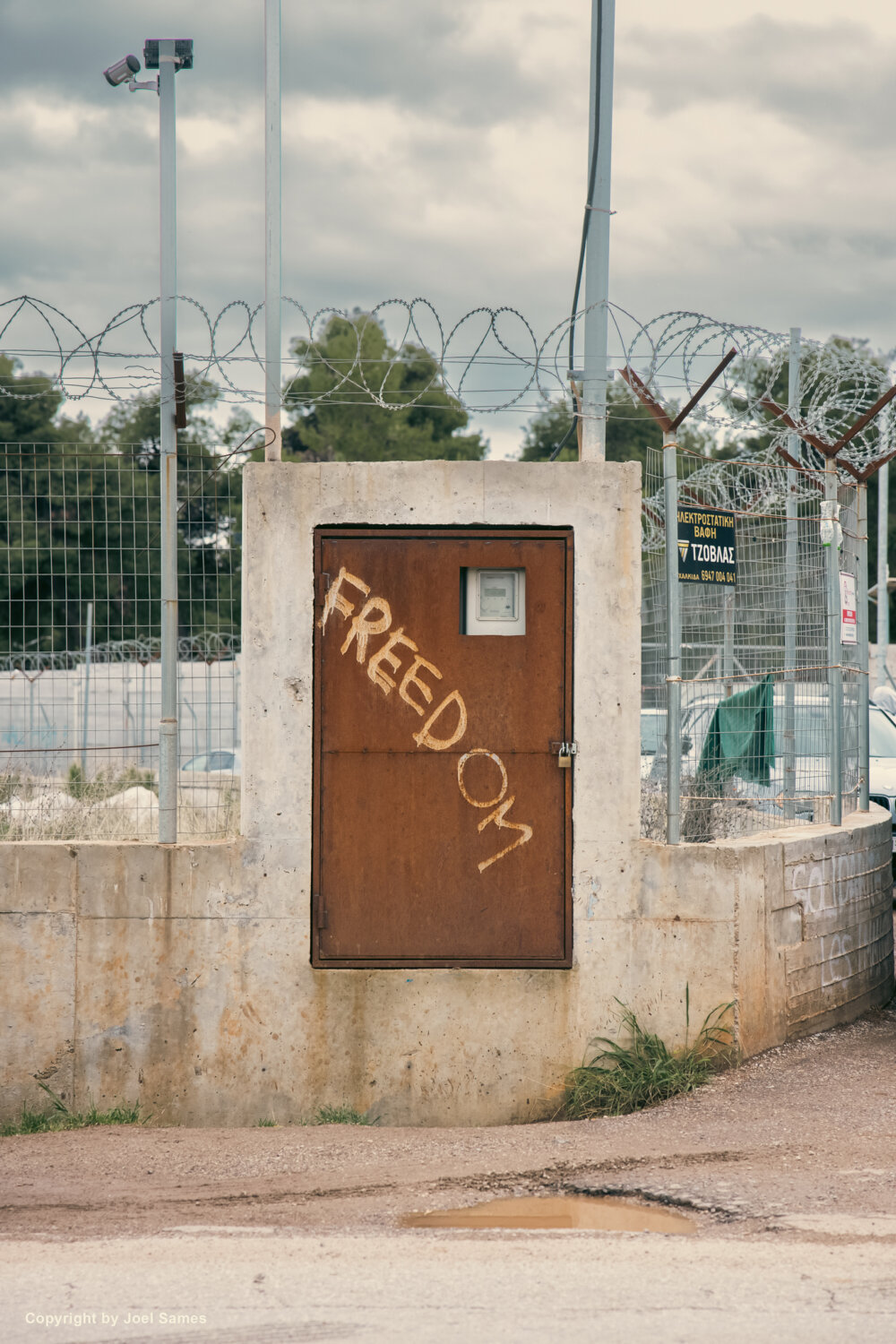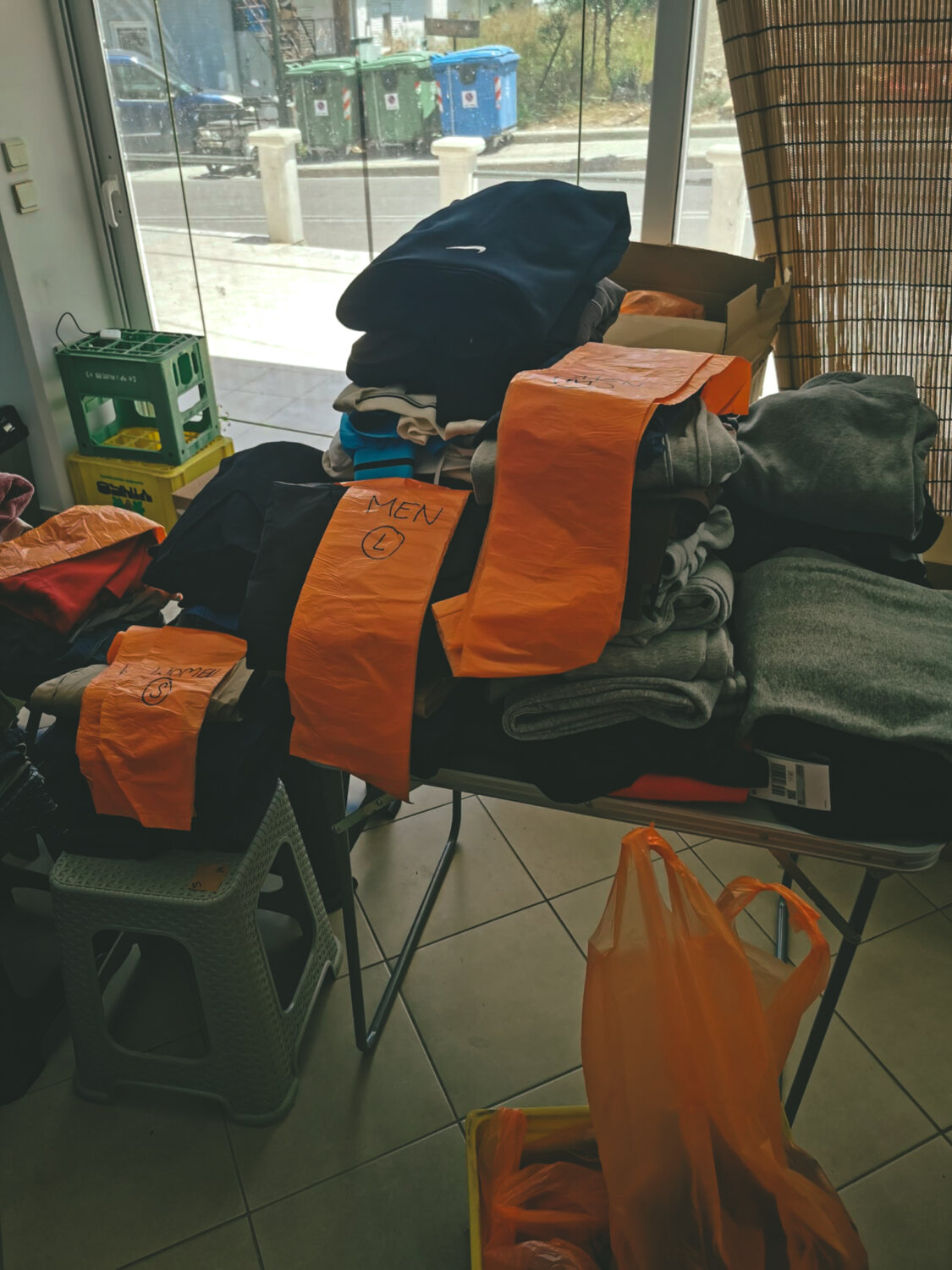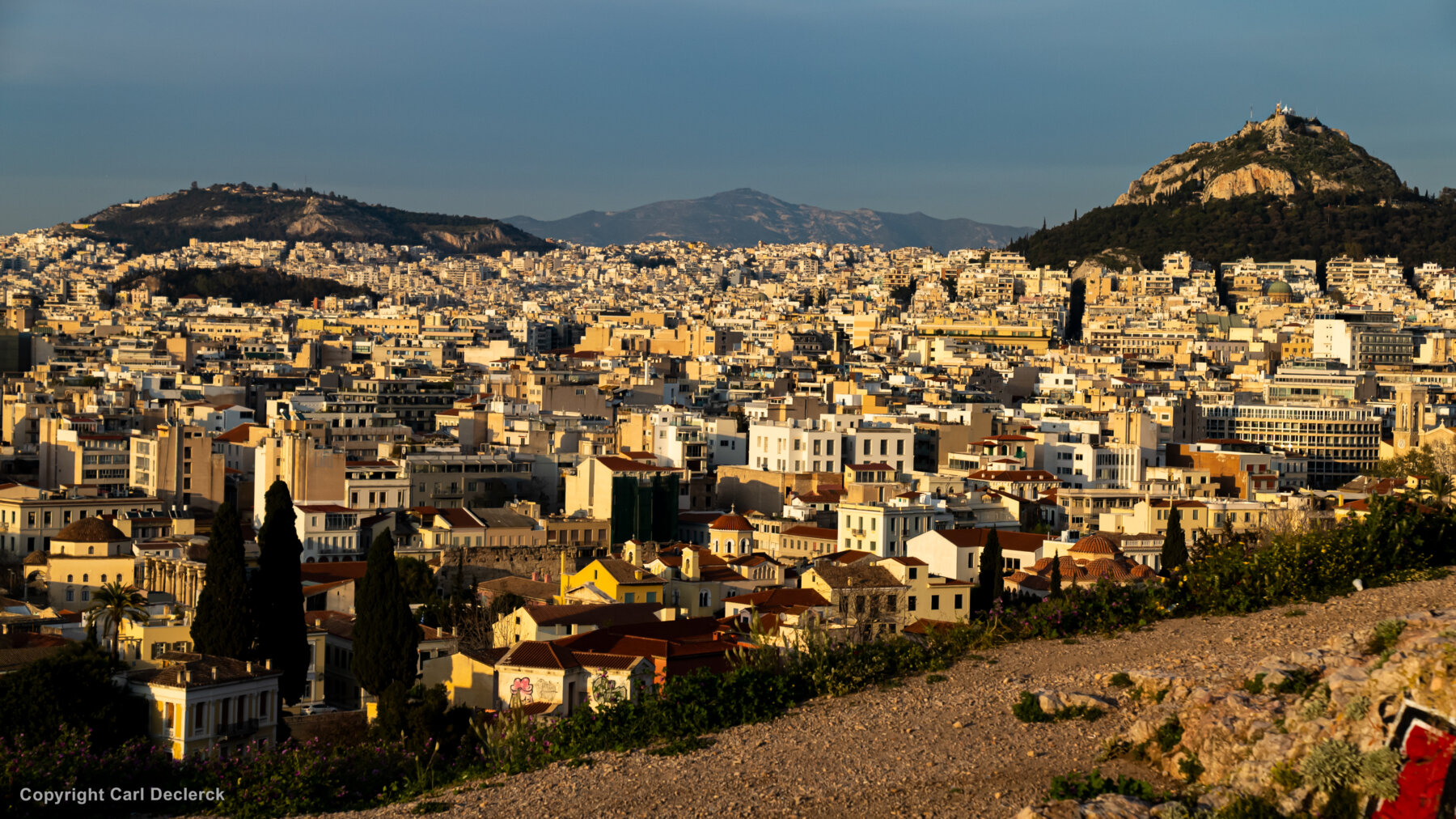Information Campaign 2025
Nearly 10% of the world’s population lives with diabetes — a chronic condition that impairs the body’s ability to process sugar properly. For people with diabetes, insulin is vital. Without this medication, the condition can become life-threatening within hours.
In Bosnia, a country that serves as a “transit zone” for migrants and refugees, we repeatedly witness tragic fates: people who fled war and persecution to reach the EU report that their insulin was taken from them by the police at the Croatian border. Afterward, they are often deported back to Bosnia, without medical care and often without the chance to apply for asylum, left stranded in the forest. Their bodies become overwhelmed with sugar but are unable to process it — a dangerous condition that requires immediate medical intervention.
This practice is part of a despicable European policy focused on isolation and border control. Migrants and refugees are viewed as a “problem” rather than people who have a right to safety and healthcare. The EU continues to reinforce its border policies, with severe consequences for the health and lives of people like those we encounter in Bosnia. These policies have been denounced in numerous reports from us and other human rights organizations, such as Human Rights Watch and Doctors Without Borders.
A family lived in Germany for nine years. Their child was born here and survived a complicated birth. But the joy was short-lived: the child is chronically ill and requires regular, specialized medical care. Instead, the family was deported to Bulgaria — to a remote camp without access to specialists. The medical care there is minimal, and the uncertainty of what will happen to the child leaves the family in despair.
In recent years, Bulgaria has repeatedly violated EU guidelines for the reception and care of refugees. Instead of offering protection, many people cannot access adequate healthcare and are forced to rely on their own resources. The political stagnation in the country has dramatically worsened the situation for many refugees. These people are treated as “second-class” and remain trapped in a state of uncertainty and despair. This violates fundamental human rights, as defined in the European Convention on Human Rights.
Many elderly people who fled the war in Ukraine have found temporary shelter in Bulgaria. But instead of finding safety, they face isolation, and daily survival becomes a struggle. Chronic conditions such as Parkinson’s or heart problems are among the most common illnesses these people bring with them. Yet access to urgently needed medications and medical care is limited. Medications cost more than the monthly pension, and a doctor’s visit often requires long bus journeys. In a situation where every decision is between “medication or food,” healthcare for refugees is hardly guaranteed.
Although the EU has established principles for healthcare for refugees, access is not ensured in many countries. In Bulgaria, refugees from Ukraine and other crisis areas are trapped in a Kafkaesque system that fails to adequately protect them. The lack of integration and support leads to unnecessary suffering. These shortcomings are not only a national problem but also a failure of European solidarity.
Many of our patients in Greece suffer not only from the physical but also from the psychological consequences of their flight. A patient from Gaza, for example, was deported from Germany to Greece due to his schizophrenia — without access to his life-saving medication. Without insurance, his only option was to go to the emergency room, where he received only half-hearted assistance. Others, like the girl with a tracheostomy, face the same fate: medical emergencies that are inadequately treated in the camps.
Greece serves as one of the main entry points for refugees coming to Europe via the Mediterranean route. But the healthcare system in the country is massively underfunded and overloaded. The asylum system is overwhelmed, and the EU does too little to offer real support to the affected countries. This leads to years of suffering and is a direct consequence of European refugee policy, which focuses on border security rather than the protection of human lives.
Access to sanitation facilities like showers and washing machines is a luxury in many camps along the European external borders. Especially in overcrowded camps at the borders of Bosnia, Bulgaria, and Greece, access to clean water and hygienic facilities is limited. This leads to a dramatic rise in preventable diseases like scabies. A simple skin infection that could quickly heal with proper hygiene spreads rapidly under the harsh conditions in the camps. Without access to water and hygiene supplies, scabies becomes a constant, agonizing companion.
These catastrophic conditions are the direct result of an EU migration policy focused on isolation and control, instead of support and solidarity. Camps like those in Vienna Rampa, Bulgaria, and CCAC on Kos show how European countries like Greece treat refugees: with a policy of exclusion and denial of their basic rights. Health is systematically undermined, while the EU repeatedly fails to take responsibility for the safe and dignified reception of migrants
Post-traumatic stress disorder (PTSD) affects many people on the move. It is caused by the horrific experiences in their home countries, during their flight, or in the host countries, where many people live in a constant state of rejection and dehumanization. Particularly in European countries located at the external borders, many refugees do not have access to psychosocial s. Instead of receiving help and hope, they experience the opposite: exclusion, violence, and a lack of support.
Around 85% of the more than 3 million refugees living in Germany have experienced traumatic events, and about 30% suffer from depression or PTSD. Although there are numerous counseling services in Germany, these are often plagued by long waiting times and high barriers, especially for people with refugee or migration backgrounds.
Solidarity does not end at the borders.
Each of these stories represents many more.
Support us in our work for people in need.
